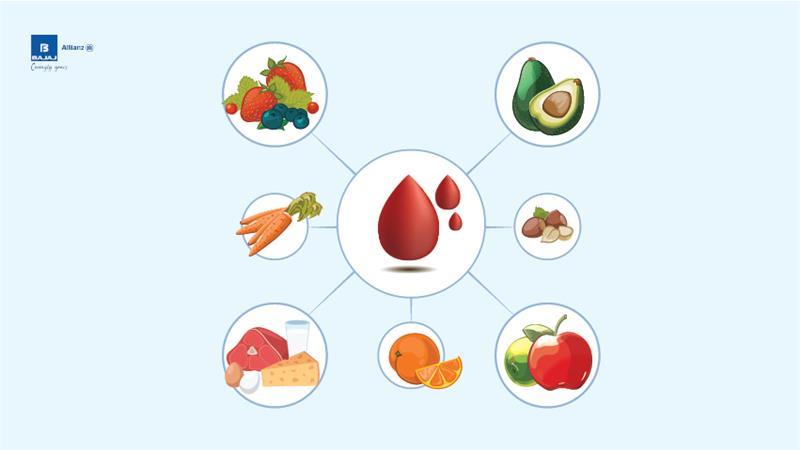Lifeblood Legacy: The Benefits of Donating Blood

India needs between 8.5 and 10 million units per year, but only 7.4 million are available. The mismatch between demand and supply for blood in India can be corrected by citizens donating blood. One may not donate blood for a number of reasons. One of the main reasons people are reluctant to donate blood is fear of disease and infection transmission. Fear of needles and not being asked to give blood are some of the reasons why people may be reluctant to donate blood.
Blood Donation Benefits
After you have overcome these fears and misconceptions, you will realize that there are many benefits to giving blood. Some people may find that the greatest benefit is realising how their donation can either save a life, or improve someone’s quality of life. You may enjoy some common benefits from blood donation.
-
Can reduce blood pressure
In India, approximately 33% of urban residents suffer from hypertension. Rural India has a hypertension rate of 25%. If the patient is looking to improve their quality of living, lifestyle changes should be accompanied by hypertension medications. Blood donation may be helpful in managing high blood pressure. According to studies, giving blood four times per year can result in a significant improvement of blood pressure. If you suffer from hypertension, and are considering blood donation, then it’s best to speak with your doctor first.
-
Improves cardiovascular health
Donating blood regularly may reduce your risk of heart attack. Blood donation can lower blood viscosity, reducing the risk of strokes, blood clots and other issues. These benefits are not immediate, but they may be significant in the long term.
-
Can help with haemochromatosis
Haemochromatosis occurs when the iron accumulation in the body exceeds normal levels. It could result from a variety of causes. Untreated, organ damage can occur. Phlebotomy is one way to treat haemochromatosis. This involves taking blood from the patient and disposing of it. Blood donation is an option for these patients. The process is similar to phlebotomy, but the blood is used in other ways instead of being thrown away. Haemochromatosis sufferers can donate blood without any problems, but you should consult your doctor before doing so.
-
Health check-up
You may need to undergo a few simple tests or checks before you are considered a blood donor. The examination will include checks on your haemoglobin level, blood pressure and pulse rate. Donating blood is a way to get a free checkup. Discuss any issues detected with your healthcare provider. You may be able to make a claim if the condition detected is covered by your insurance policy. Health Insurance Claim . All claims are subject to the terms and conditions of your health insurance policy.
What you need to know before donating blood?
While donating blood is a noble act, you shouldn’t do it blindly. Learn the basics before you start. You may want to prepare for the procedure if you are afraid of needles. You may feel tired if you rush through this procedure. Take note of all instructions you receive before, during and after the procedure. After the procedure, it is common to feel a little lightheaded. You should hydrate and eat healthy food within the next few days. Consult your blood donation center or doctor as soon as you start feeling uneasy. Blood donations may offer you significant benefits but it’s not the only way to care for your health. A health insurance policy is a great way to protect yourself from the financial impact of critical health situations such as strokes, accidents and more. Health Insurance in India Online and offline. You can purchase a plan for your entire family or just yourself. Compare plans or ask the representative of your insurer to help you decide which plan is best for you when buying health insurance in India.





